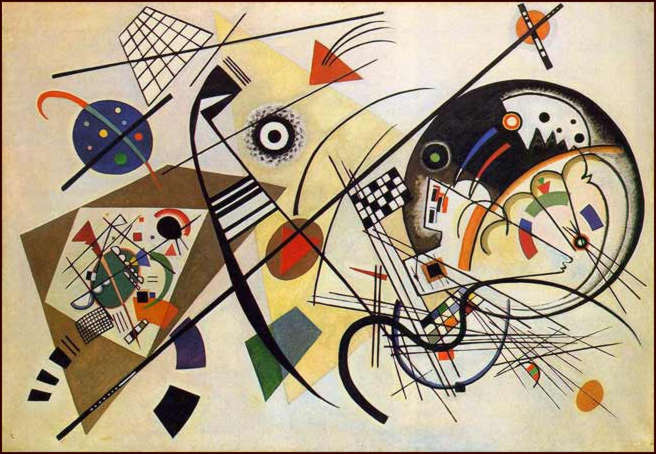"The Jesuit Pedro José Márquez published two studies at the beginning of the century which argued that notions of beauty are relative, and that the great monuments of the indigenous past should be studied on an equal footing with those of Greece and Rome."
(Dawn Ades, Art in Latin America, 28)
(Dawn Ades, Art in Latin America, 28)
As a percussionist in high school, I was able to attend a
master class taught by Michael Spiro, a world renowned Afro-Cuban drummer. In addition to teaching us techniques on
congas and bongos, he spent a fair amount of time talking about music
appreciation. The most memorable thing I
learned that day was about keeping an open mind: even though we may not enjoy a particular genre
or style of music doesn’t mean that we should dismiss it completely as a valid
form of art. Within a genre there can
exist good and bad examples, but to discount it entirely is arrogant. This concept also applies to literature,
visual arts, drama, etc.
For example, I often hear people say things along the lines
of “Modern art/music is dumb! There’s no
skill involved - it’s meaningless.
Anybody could produce that type of art.”
I’d never had much of an opinion about modern art, either for or
against. However, after taking MUSIC 201
& 202 (Civilization: Music) from a professor whose specialty is modern
art/music, I better understood the genre. Learning about the context and motives for
different styles of art gives you an appreciation for them, even though you
still may not like them.
I think this is the point that Pedro José Márquez wanted to
make - just because indigenous art wasn’t understood, it shouldn’t be viewed as
a lower form than European art.
To me, this idea extends beyond the arts to opposing
positions on various topics. It annoys
me when people aren’t willing to admit that views different than their own
contain any valid points whatsoever. Because
of this, I often play devil’s advocate when talking with friends or family,
even if I’m completely against the position I’m defending. I was reminded of this in class on Tuesday
when Dr. Mack mentioned a character from the book The Name of the Wind who had to maintain two diametrically opposing
thoughts in his mind simultaneously. By
considering multiple views of a situation or art form or culture, we develop a
more complete understanding of it.

No comments:
Post a Comment